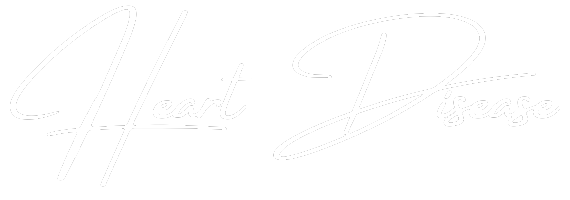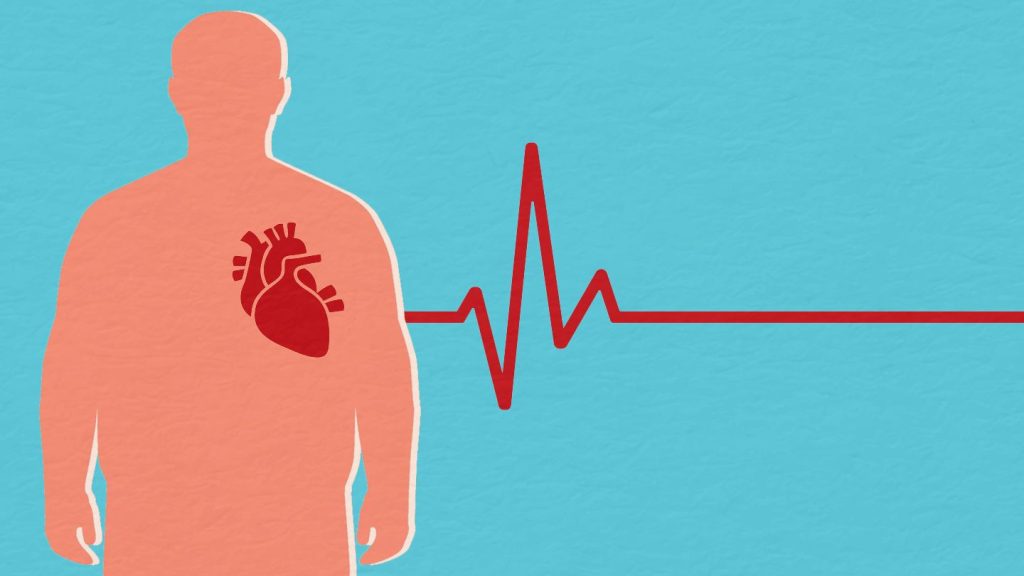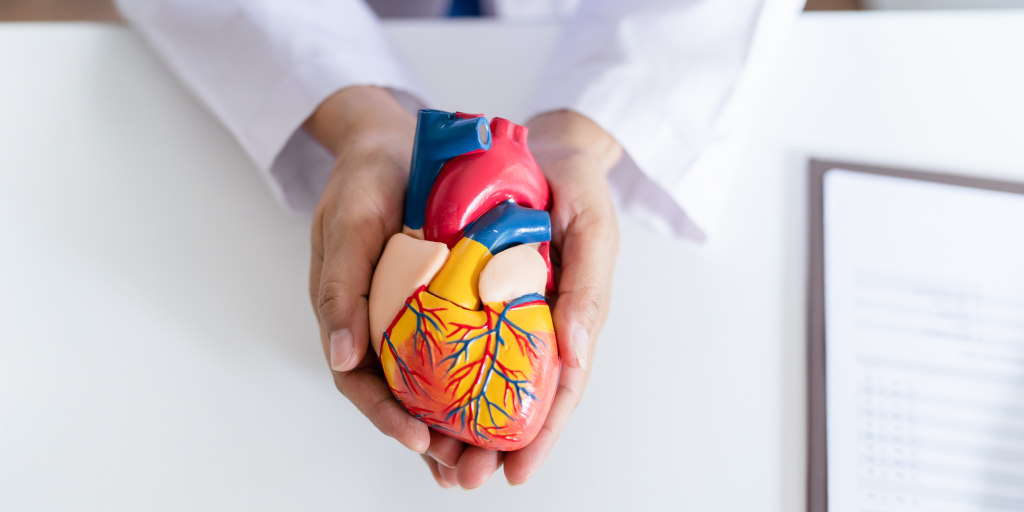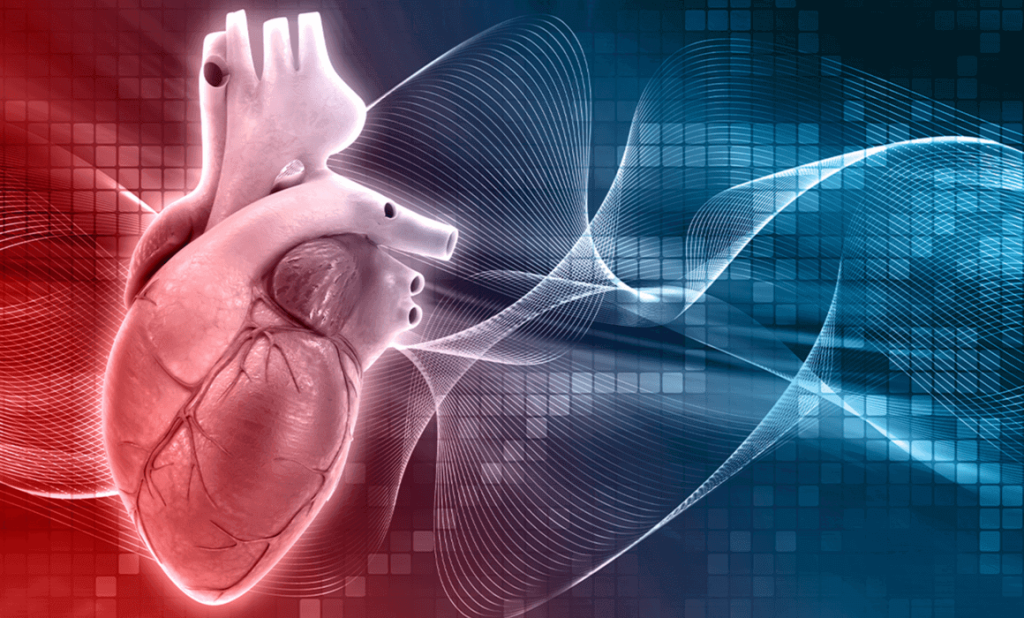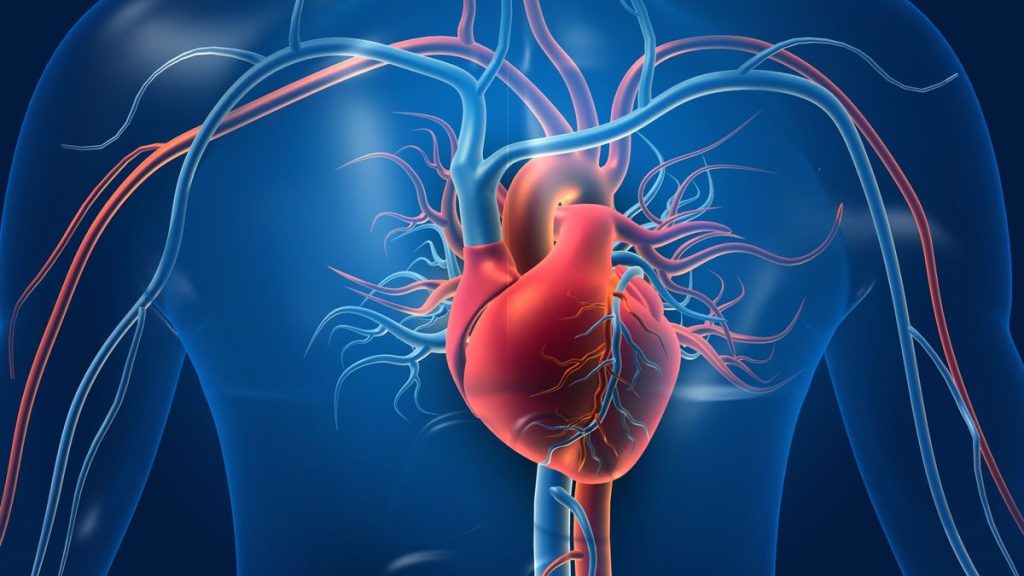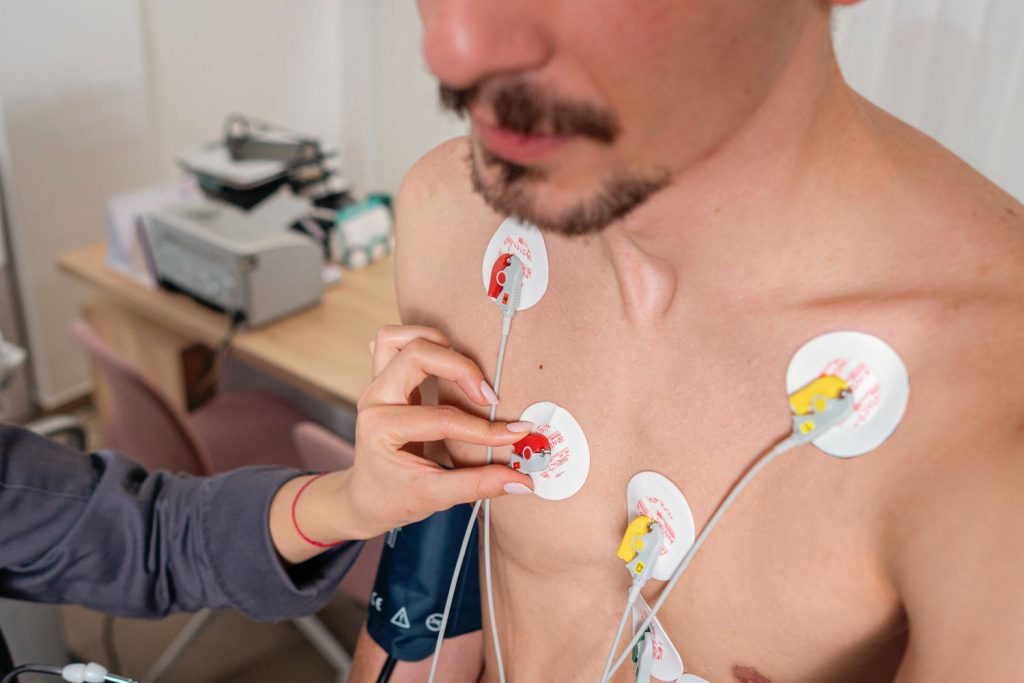Brief information about Heart Diseases
Heart diseases encompass a range of conditions that affect the function and structure of the heart, including coronary artery disease, heart attack and heart failure. These diseases are the leading causes of death worldwide and have a significant impact on individuals’ quality of life.
What is Heart Disease?
Heart disease, also known as cardiovascular disease, covers a range of conditions that affect the heart and blood vessels. These include coronary artery disease, heart failure, arrhythmias and valvular heart disease. Essentially, any disorder that affects the heart’s ability to function normally can be classified under heart disease.
Common Types of Heart Disease
The most common heart disease is coronary artery disease (CAD), caused by narrowed arteries due to plaque build-up. This can lead to chest pain, heart attack and other serious complications. Another common form, heart failure, occurs when the heart cannot pump blood effectively, causing fatigue and shortness of breath.
Risk Factors for Heart Disease
The factors contribute to heart disease, including high blood pressure, cholesterol, smoking, obesity, diabetes, sedentary lifestyle. Family history and age also play important roles. By addressing these risk factors through lifestyle changes and medical interventions, you can significantly reduce your risk of developing heart disease.
Signs and Symptoms to Watch Out For
Heart disease can present in a variety of ways, depending on the specific condition. Common symptoms include chest pain or discomfort, shortness of breath, palpitations, fatigue and swelling in the legs or abdomen. However, some people may experience mild symptoms or no symptoms at all, making regular check-ups crucial for early detection. To fully understand the breadth of heart disease symptoms, let’s explore each of these symptoms in more depth and discover additional aspects related to heart health.
Chest Pain and Discomfort
Chest pain or discomfort is one of the most common and recognizable symptoms of heart disease. Known as angina, the intensity and nature of this pain can vary considerably. Some people describe it as a sharp, stabbing pain, while others feel a dull ache or pressure in the chest. The pain can also radiate to other parts of the body, including the arms, neck, jaw, back or stomach. It is often triggered by physical exertion, stress or after eating a heavy meal. In some cases, chest pain can occur even at rest and may indicate a more serious underlying heart condition, such as a heart attack.




Diagnosis
and testing
Diagnosing heart disease involves a combination of medical history, physical examination, and diagnostic tests. Tests such as electrocardiograms (ECG), echocardiograms, stress tests, and coronary angiograms help assess heart function and detect abnormalities. Blood tests can also provide valuable information about cholesterol levels, blood sugar, and markers of inflammation.
Lifestyle
changes for a healthy heart
One of the most effective ways to prevent and manage heart disease is through lifestyle changes. A balanced diet rich in fruits, vegetables, whole grains, lean proteins and healthy fats is very important. Regular physical activity such as walking, swimming or cycling helps to improve cardiovascular health. Quitting smoking and limiting alcohol intake also play a vital role in maintaining a healthy heart.
Blog
How Diabetes Affects the Heart and Cardiovascular
An unexpected diagnosis can quietly change how someone views their body, yet diabetes and heart health often connect long before clear symptoms appear, raising important questions about daily habits, hidden[…]
Read moreHow to Support a Loved One With Heart Disease
Supporting a loved one with heart disease requires patience, empathy, and steady communication because their physical health intertwines closely with emotional wellbeing, making consistent guidance and understanding essential for helping[…]
Read moreThe Role of Genetics in Cardiovascular Health
Genetic factors influence cardiovascular health in powerful ways because inherited traits shape how the heart functions, how blood vessels respond to stress, and how the body manages cholesterol and inflammation[…]
Read moreSmart Eating: Best and Worst Foods for Heart
Balancing heart-friendly eating habits becomes easier when you learn which everyday foods support blood flow and which ones quietly increase long-term strain on the cardiovascular system, especially because small choices[…]
Read moreHow to Manage Hypertension Without Medication
You want lower numbers without pills, and that hope is reasonable. Blood pressure reflects vessel tone, blood volume, and hormone rhythms. Food, sleep, stress, and movement influence each part daily.[…]
Read moreCan Lifestyle Changes Really Reverse Heart Disease?
The phrase “heart disease” is a vast, often ambiguous term that encompasses a spectrum of conditions, from arrhythmias and heart failure to valvular issues, yet when most people pose the[…]
Read moreExercise for a Healthier Heart and Stronger Body
The conversation surrounding cardiovascular wellness often quickly converges on the role of physical activity, but the nuances of how movement fundamentally reshapes cardiac physiology are frequently lost in the recitation[…]
Read moreUnderstanding the Causes of Coronary Artery Disease
Coronary Artery Disease (CAD) is frequently characterized in a reductive manner, often simplified to the singular idea of “clogged arteries”—a narrative centered solely on the mechanical obstruction caused by the[…]
Read moreWhat Is an EKG and Why It’s Important for Heart Health
The fundamental importance of the Electrocardiogram (EKG), or ECG as it is often referred to, is frequently obscured by its commonality in medical practice. It is not merely a routine[…]
Read more